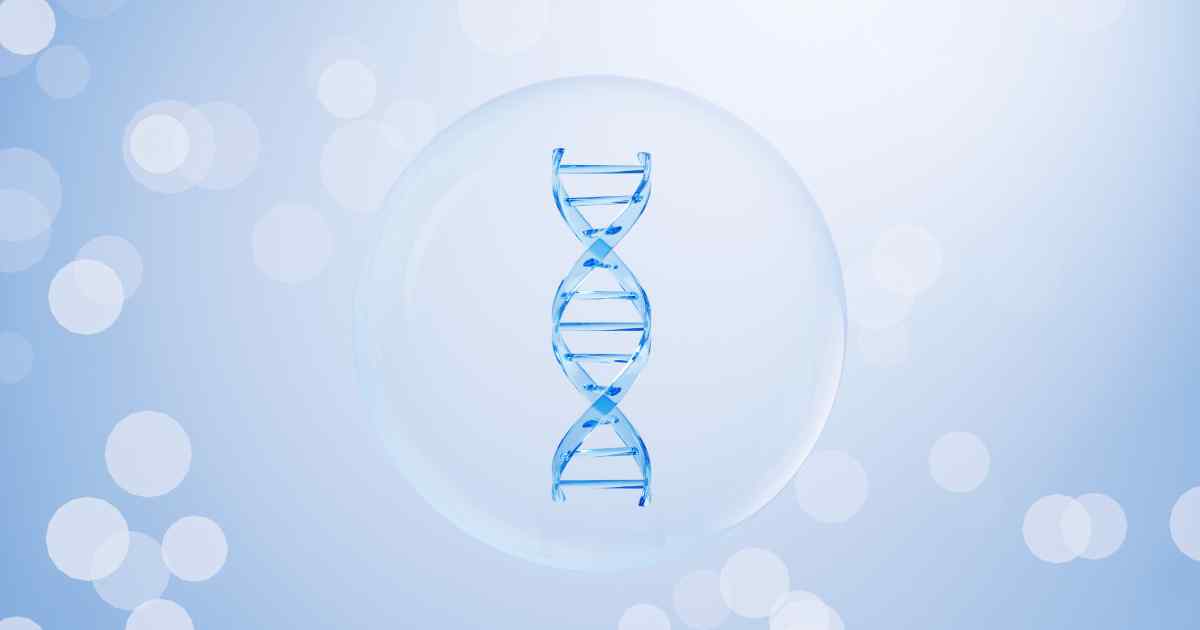
Expert Reviewed By: Dr. Brandon Colby MD
In the intricate world of genetics and rare diseases, Mitochondrial Complex III Deficiency Nuclear Type 5 stands as a testament to the challenges and breakthroughs in modern medicine. This condition, characterized by a defect in the mitochondrial respiratory chain, is often associated with severe symptoms that can manifest in early childhood. One of the most promising tools in diagnosing and understanding such complex disorders is genetic testing. This article explores the potential of genetic testing in diagnosing and managing Mitochondrial Complex III Deficiency Nuclear Type 5.
Understanding Mitochondrial Complex III Deficiency Nuclear Type 5
Mitochondrial Complex III Deficiency Nuclear Type 5 is a rare genetic disorder that disrupts the mitochondrial respiratory chain, specifically affecting the complex III enzyme. This enzyme is crucial for energy production in cells. When it malfunctions, it can lead to a range of symptoms, including recurrent hypoglycemia, lactic acidosis, muscle weakness, and neurological issues. The disorder is often diagnosed in infancy or early childhood, presenting a significant challenge for healthcare providers and families.
The Role of Genetic Testing
Genetic testing has revolutionized the way we approach rare diseases. For conditions like Mitochondrial Complex III Deficiency Nuclear Type 5, genetic testing offers several key benefits:
Early Diagnosis and Intervention
One of the primary advantages of genetic testing is the ability to diagnose conditions early. For Mitochondrial Complex III Deficiency Nuclear Type 5, early diagnosis can be crucial in managing symptoms and preventing complications. By identifying the specific genetic mutations involved, healthcare providers can tailor treatment plans to address the unique needs of each patient.
Understanding the Genetic Basis
Genetic testing allows researchers and clinicians to delve deeper into the genetic underpinnings of Mitochondrial Complex III Deficiency Nuclear Type 5. By identifying novel variants, such as the UQCRB variant discussed in recent research, scientists can gain insights into how these mutations affect mitochondrial function. This knowledge is essential for developing targeted therapies and improving patient outcomes.
Personalized Treatment Plans
With a clearer understanding of the genetic mutations involved, healthcare providers can create personalized treatment plans for individuals with Mitochondrial Complex III Deficiency Nuclear Type 5. This approach ensures that interventions are more effective, reducing the risk of adverse reactions and improving quality of life for patients.
Family Planning and Genetic Counseling
Genetic testing also plays a vital role in family planning and genetic counseling. For families with a history of Mitochondrial Complex III Deficiency Nuclear Type 5, genetic testing can provide valuable information about the risk of passing the condition on to future generations. Genetic counselors can help families understand their options and make informed decisions about family planning.
Challenges and Considerations
While genetic testing offers significant benefits, it is not without its challenges. The interpretation of genetic test results can be complex, requiring specialized knowledge and expertise. Additionally, the cost and accessibility of genetic testing can be barriers for some families. It is essential for healthcare providers to work closely with patients and families to ensure that they understand the implications of genetic testing and have access to appropriate resources and support.
Conclusion
Mitochondrial Complex III Deficiency Nuclear Type 5 is a complex disorder that poses significant challenges for patients, families, and healthcare providers. However, advances in genetic testing offer a beacon of hope, enabling earlier diagnosis, personalized treatment plans, and a deeper understanding of the condition's genetic basis. As research continues to uncover new genetic variants and their impact on mitochondrial function, the potential for improved outcomes for individuals with this rare disorder continues to grow.
For more detailed insights and case studies on this topic, refer to the comprehensive research available in the Karger article.
About The Expert Reviewer
Dr. Brandon Colby MD is a US physician specializing in the personalized prevention of disease through the use of genomic technologies. He’s an expert in genetic testing, genetic analysis, and precision medicine. Dr. Colby is also the Founder of and the author of Outsmart Your Genes.
Dr. Colby holds an MD from the Mount Sinai School of Medicine, an MBA from Stanford University’s Graduate School of Business, and a degree in Genetics with Honors from the University of Michigan. He is an Affiliate Specialist of the American College of Medical Genetics and Genomics (ACMG), an Associate of the American College of Preventive Medicine (ACPM), and a member of the National Society of Genetic Counselors (NSGC)